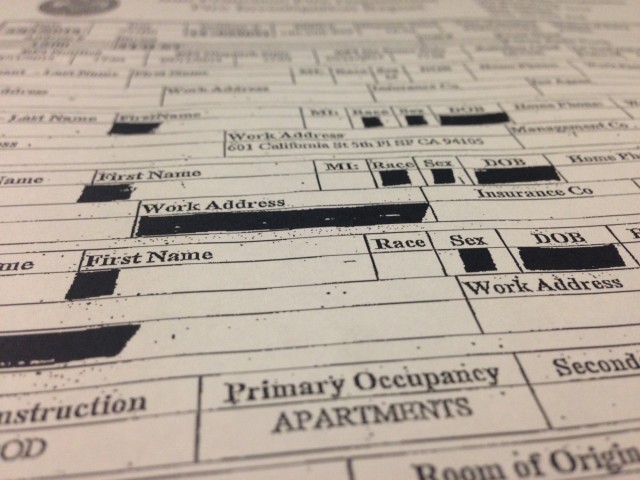The Democrat said the move had nothing to do with access to records, and everything to do with who foots the bill. He and the other lawmakers who help craft California’s budget were tired of the state paying the cost for local governments’ public records responses.
”If you come to a state agency and request a public record, it’s appropriate the state would incur the cost to provide that to you,” said Leno. “But if you are requesting of a city or a county, or a water agency for a public document, it’s appropriate that that agency which is receiving the request should be responsible for the cost of compliance.”
So, Prop 42, which Leno introduced in the Senate, was the solution — it would change the state constitution to make it clear that local governments foot the full bill for their open records costs.
Check out KQED’s guide to the propositions on the June ballot.
A Question of Mandates
Why was the state responsible for these costs to begin with? It goes back to a 30-year-old constitutional change saying that whenever the state requires local governments to do something, it has to pay for the cost. The initial public records act was passed before that, so local governments were already paying for the bulk of their responses to records requests.
But when the state made a series of tweaks in the early 2000s, including requirements that local governments respond to requests within 10 days and actively assist people looking for records, it had to pay for those costs. It’s really not a whole lot of activity. “They’re limited to things like computer programming to extract the data, and providing and actually drafting correspondence, and clarifying requests,” said Paul Okada, who works in the San Mateo County Counsel’s Office. Lawyers there process about 100 requests a year.
The county billed the state about $38,000 for its open records work last year. It has asked for about $400,000 over the past decade, making San Mateo one of the more expensive local governments when it comes to open records costs.
Altogether, local governments have asked California for $9.5 million over the course of a decade. In a budget that spends $100 billion a year, that’s really pocket change. Leno views it another way – as funding that could have gone elsewhere. “The social services that don’t get provided, for lack of $10 or $20 million in our general fund,” he said. “The reinvestment in our court system.”
And Leno points out only a small fraction of local governments have been submitting bills to the state’s Commission on Mandates. If every local government did it, the cost estimate shoots up to “tens of millions of dollars a year,” according to the Legislative Analyst’s Office.
A Weak Open Records Law
But here’s the thing – whether or not Prop. 42 passes, California’s open records law will remain the same. And according to Peter Scheer of the First Amendment Coalition, it isn’t too strong. “Unfortunately, California, which once was a leader when it comes to open records laws, is now a follower,” he said. “In fact it’s really at the very bottom of the pack, in my view.”
When the Center for Public Integrity graded all the states a couple years ago, California got a D- on access to public records. That’s because of a number of weaknesses, including no agency directly responsible for enforcing and overseeing records requests. (If an agency denies or delays your records request, your only recourse is a lawsuit.) Scheer said the low grade is also due to scores and scores of exemptions in the law, including one measure barring access to government health care contracts. “All of that information – even though it involves billions of dollars state and local governments are paying to third parties – those contracts are exempt. Completely secret.”
Scheer pointed out the list of exemptions is actually longer than the rest of the law’s text. Prop. 42 wouldn’t eliminate any of them – it would only change who pays for responses.

